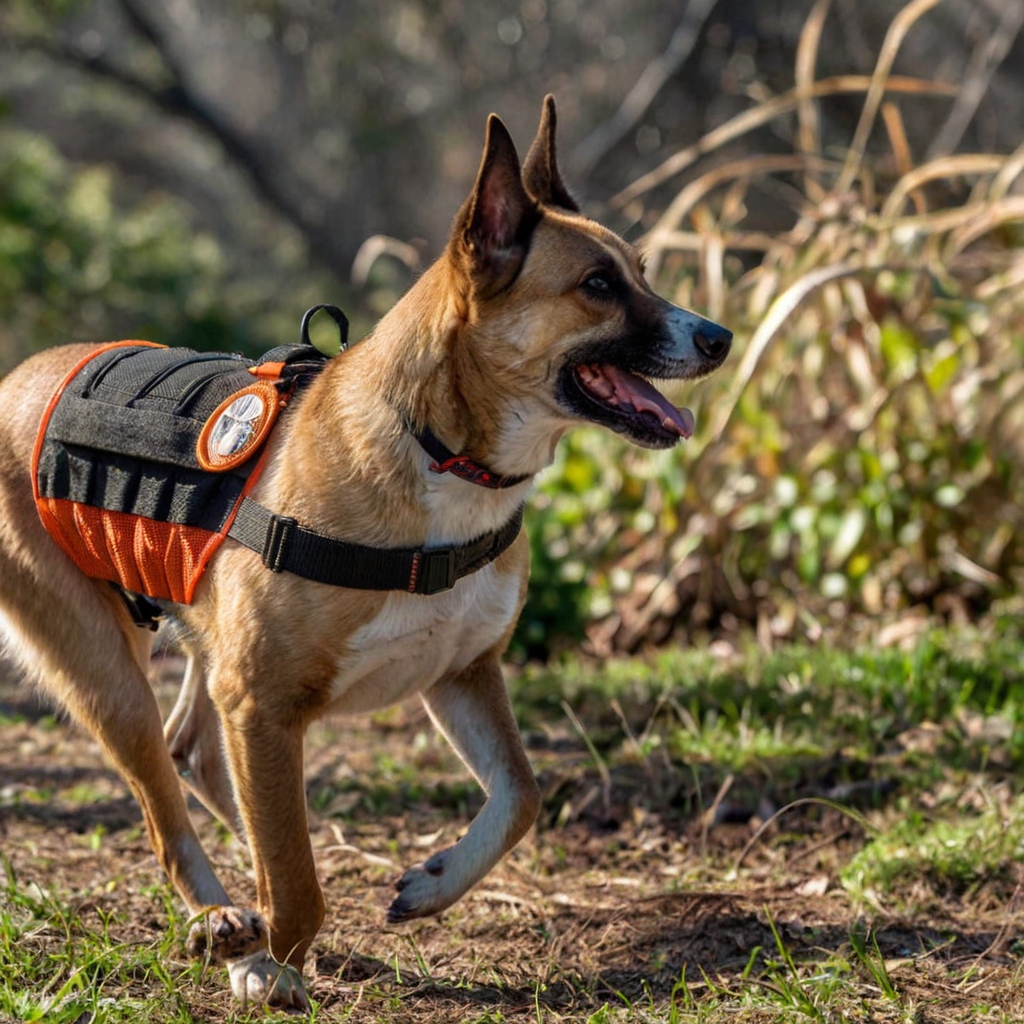When it comes to tracking dogs, their diet plays a crucial role in their overall performance and health. A well-balanced diet provides the necessary nutrients for energy, endurance, and mental focus, all of which are essential for a tracking dog to perform its job effectively. Tracking dogs, such as bloodhounds, German shepherds, and Belgian Malinois, require a diet rich in protein, moderate in fat, and low in carbohydrates to sustain their high energy levels and support their muscular build.
A tracking dog’s diet should be tailored to meet its individual needs, taking into account factors such as age, breed, size, and level of activity. For example, a puppy or young dog may require a diet higher in protein and calories to support growth and development, while an adult dog may require a more balanced diet to maintain its weight and support its energy needs. Additionally, a tracking dog that is highly active may require more calories and nutrients than a less active dog.
Nutritional Requirements
The nutritional requirements of tracking dogs are similar to those of other high-performance canine athletes. They require a diet rich in high-quality protein from animal sources, such as chicken, beef, or fish, to support muscle growth and repair. They also require moderate amounts of fat to provide energy and support skin and coat health. Carbohydrates, on the other hand, should be limited, as they can cause blood sugar spikes and energy crashes, which can negatively impact a tracking dog’s performance.
Recommended Diets
There are several diets that are recommended for tracking dogs, including:
- High-protein commercial dog foods: These foods are formulated to provide high levels of protein from animal sources and are often recommended for tracking dogs.
- Raw diets: Raw diets consist of unprocessed, uncooked meat, bones, and vegetables, and can provide a nutrient-rich diet for tracking dogs.
- Homemade diets: Homemade diets can be tailored to meet a tracking dog’s individual needs and can include a variety of ingredients, such as meat, eggs, and vegetables.
- Supplemented diets: Supplemented diets include adding specific nutrients, such as omega-3 fatty acids or joint supplements, to a tracking dog’s food to support overall health and performance.
Key Nutrients
There are several key nutrients that are essential for tracking dogs, including:
Protein: Protein is essential for muscle growth and repair, and tracking dogs require a diet high in protein from animal sources. Good sources of protein include chicken, beef, fish, and eggs.
Fat: Fat is an important source of energy for tracking dogs, and they require moderate amounts of fat in their diet. Good sources of fat include chicken fat, beef fat, and fish oil.
Carbohydrates: Carbohydrates should be limited in a tracking dog’s diet, as they can cause blood sugar spikes and energy crashes. However, some carbohydrates, such as sweet potatoes and brown rice, can provide fiber and other nutrients.
Vitamins and minerals: Tracking dogs require a range of vitamins and minerals, including vitamin A, vitamin D, calcium, and phosphorus, to support overall health and performance.
Feeding Strategies
Feeding strategies for tracking dogs will depend on the individual dog’s needs and the type of work it is doing. For example, a tracking dog that is working in a hot climate may require more water and electrolytes to stay hydrated, while a dog working in a cold climate may require more calories to stay warm. Additionally, a tracking dog that is highly active may require more frequent feeding to support its energy needs.
Health Considerations
There are several health considerations that should be taken into account when feeding a tracking dog, including:
Food allergies: Some tracking dogs may have food allergies or sensitivities, which can cause skin problems, digestive issues, and other health concerns.
Joint health: Tracking dogs are prone to joint problems, such as hip dysplasia and arthritis, and may require joint supplements or other nutrients to support joint health.
Digestive health: Tracking dogs can be prone to digestive issues, such as diarrhea and constipation, and may require probiotics or other nutrients to support digestive health.
Conclusion
In conclusion, a tracking dog’s diet plays a crucial role in its overall performance and health. A well-balanced diet that is tailored to meet a tracking dog’s individual needs can provide the necessary nutrients for energy, endurance, and mental focus. By choosing a high-quality diet and feeding strategy, tracking dog owners and handlers can help support their dog’s overall health and performance, and ensure that they are able to perform their job to the best of their ability.
